Better Immunity
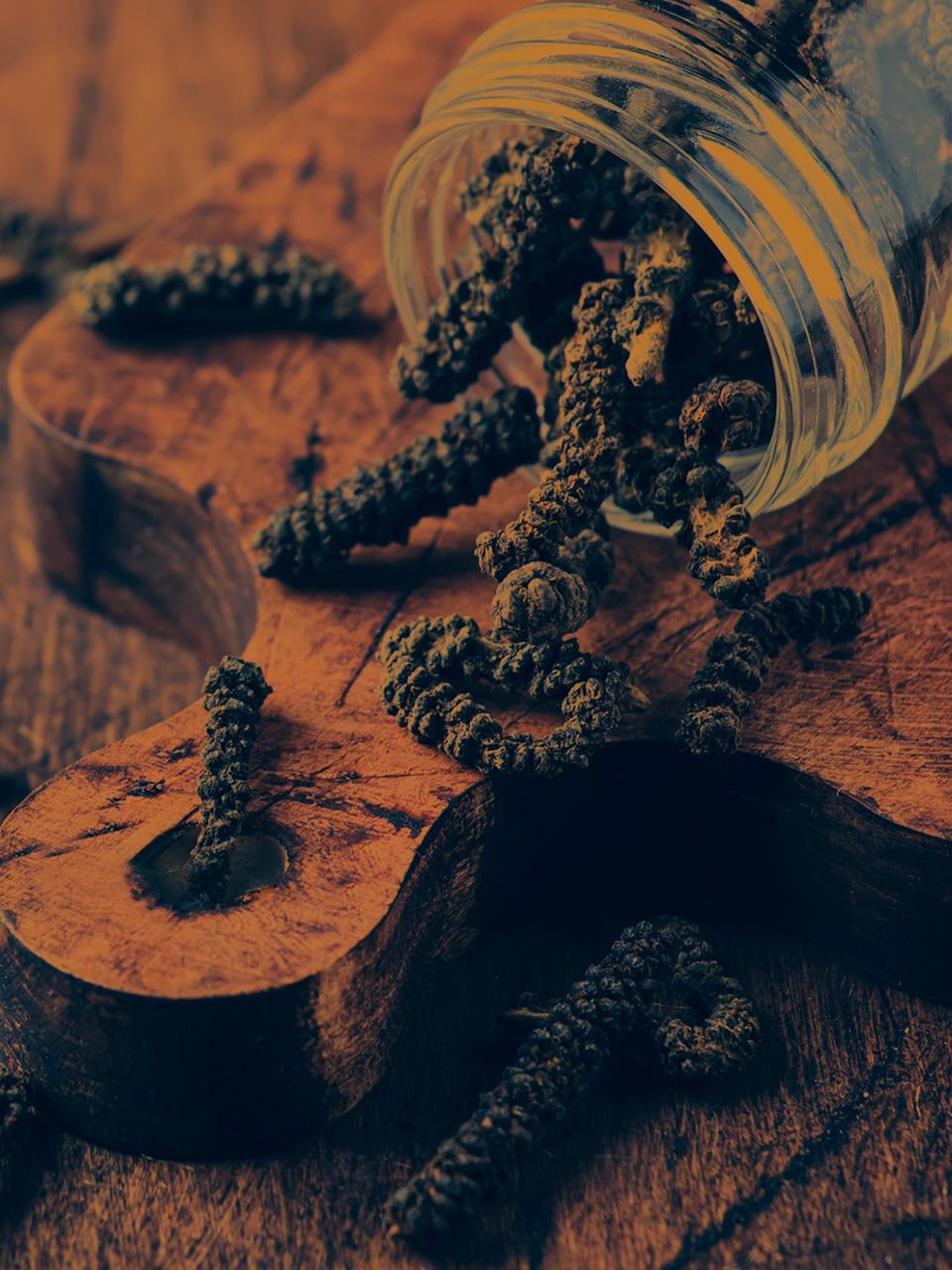
Tap to Read ➤
Benefits of Herbal Medicine
Reshma Jirage


Herbal medicine is a component of alternative treatment methods and it includes the use of different plants and their extracts. It is one of the most effective and safe treatment options and is even getting recognition from practitioners of traditional medicine these days.
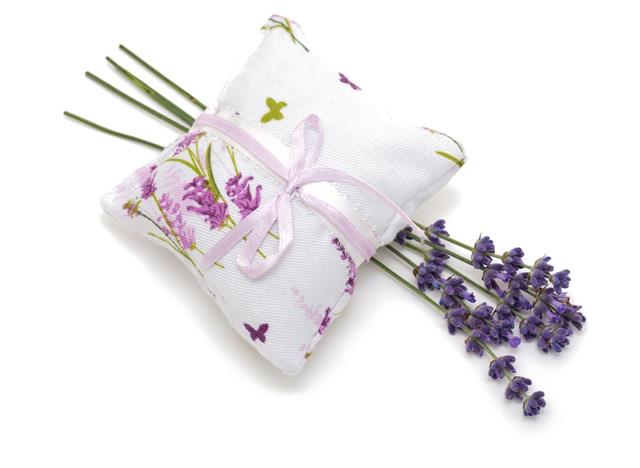
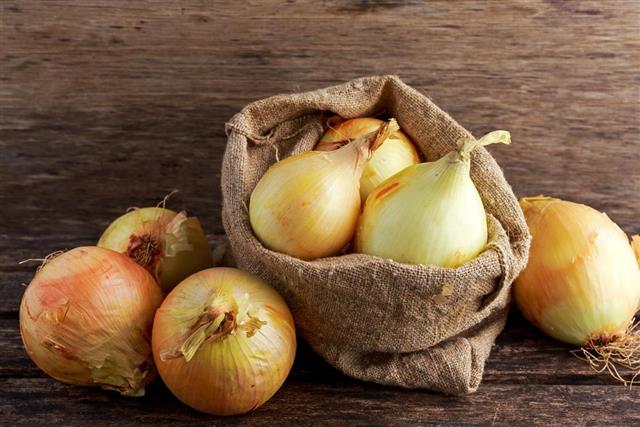

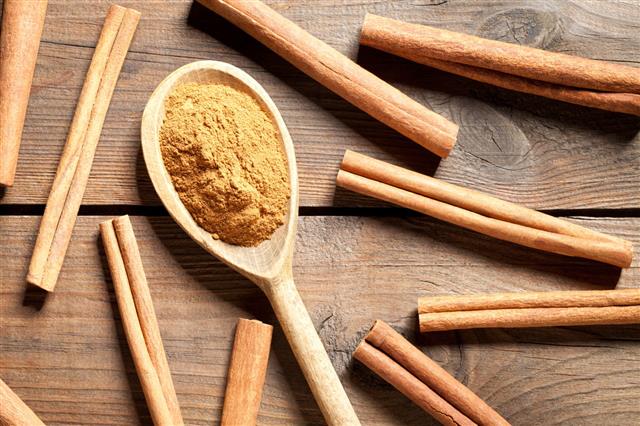
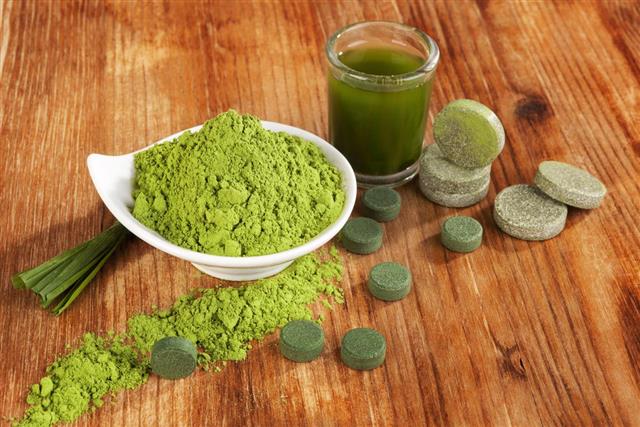


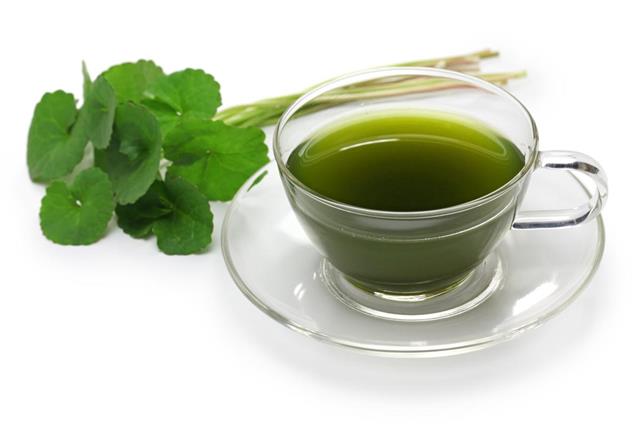

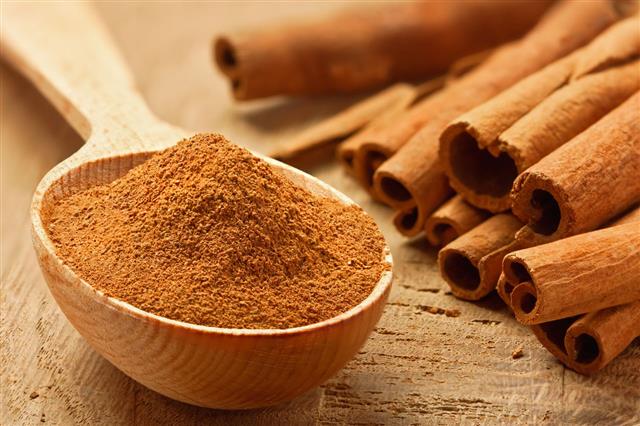


Myth Busted!
It has been incorrectly claimed by many, and for years, that herbal medicine is devoid of any kind of side-effects. The medicinal properties of herbs come from chemical compounds that naturally occur in them and these compounds are as likely to elicit an adverse reaction from the body as any synthetic drug or traditional treatment medication.

Herbal medicine is included under, and is a significant component of, alternative medicine. It is a popular substitute to traditional medicine for the prevention and treatment of various ailments. It is also known as phytotherapy, herbalism, botanical medicine, and medical herbalism.

A basic system of herbal medicine includes Ayurvedic herbalism, traditional Chinese herbalism, and Western herbalism. Various herbs are known for having amazing medicinal properties. Herbal medicine is one of the oldest forms of medicine used for the treatment of physical as well as psychological maladies and for the purpose of general health care.

Herbalism has been practiced for centuries to cure a number of illnesses. Nature has endowed us with a huge number and variety of herbs that have amazing medicinal properties, and they are used to prepare herbal medicines.

Several herbs consist of powerful ingredients, which are nothing but chemical compounds occurring in nature, which can be harnessed to correct a lot of physiological imbalances that lead to health complications. Such medicines can be taken in the form of tablets, liquid or powdered extracts, teas, essential oils, or ointments.

Positives of Herbal Medicine
Herbal medicines and health remedies have a lot of benefits, the greatest being that it does not interfere with the body's natural healing process. Enumerated below are the various prominent advantages of going herbal to treat ailments that may range from something as simple as common cold to something as considerably complex as diabetes or cancer.

Natural Healing
As mentioned before, herbal medicine doesn't obstruct the body's self-healing abilities in any way. On the contrary, they enhance the biological healing machinery so that the recovery process gets accelerated and the body is able to maintain an ideal internal environment that is crucial for such recovery.

A lot of herbs work by stimulating various glands so that appropriate hormones are activated. These hormones carry the distress signal to the relevant parts of the physiology to either induce or inhibit certain biological processes in order for the healing process to take place.

Continued Benefits
A lot of herbal remedies come with special instructions about diet, rest, and exercises that enhance the potency of the herb by preparing the body in such a way that it responds to the treatment in the most effective and desirable way. These dietary and lifestyle changes ultimately help the patient by getting their bodies into a healthy rhythm.
Your browser doesn't support HTML5 video.
When these changes become a habit and are followed even after recovery from the ailment, chances of future occurrences of the same malady are greatly reduced.
Abstract Colours Spreading Paint Swirling And Blast

Better Immunity
Owing to their tendency of enhancing the body's natural healing process and correcting bad habits that lead to ill-health, herbs contribute towards strengthening the immune system. This, in turn, fortifies the body's natural defenses against pathogens that are responsible for primary as well as secondary infection.
Owing to their tendency of enhancing the body's natural healing process and correcting bad habits that lead to ill-health, herbs contribute towards strengthening the immune system. This, in turn, fortifies the body's natural defenses against pathogens that are responsible for primary as well as secondary infection.

Metabolism and Nutrition
A stronger immune system and a holistically regulated diet and lifestyle leads to improved metabolism, which in turn leads to better absorption of nutrition from one's diet. That is why most herbal treatment regimes forbid, or at least limit, the intake of junk food and food that is too oily or contains stimulants such as caffeine.

The reason is twofold - junk food doesn't give the body the required quantity or variety of nutrition and stimulants interfere with the function of the medication. In essence, lack of proper nutrition gets in the way of the treatment's focus towards strengthening the biological defenses.

By interfering with the action of the medicinal herbs, stimulants diminish the efficacy of the treatment. Hence, both are either limited or eliminated from the diet, leading to diminish one's psychological dependence on nutritionally deprived "comfort food".

Side-effects
Although it would be wrong to say that the risk of side-effects and allergies do not exist in case of herbal remedies, it is true that since the healing process is closer to how Nature intended it, the contraindications are minimal when herbal medication is taken as per prescription and under the supervision of a qualified practitioner of Ayurvedic healing,

Naturopathy or any other equivalent alternative healing method that involves the use of Mother Nature's bounties. However, unsupervised consumption or overdose may lead to unpleasant side effects that may range from something as mild as digestive discomfort to something as lethal as toxicity and death!

Some Medicinal Herbs and their Uses
Some of the commonly used herbs are American ginseng, bee pollen, astragalus, cat's claw, black cohosh, bladder wrack, chamomile, feverfew, damiana, dong quai, flaxseed, ginger, garlic, ginkgo biloba, grape seed, green tea, licorice, muira puama, saw palmetto.
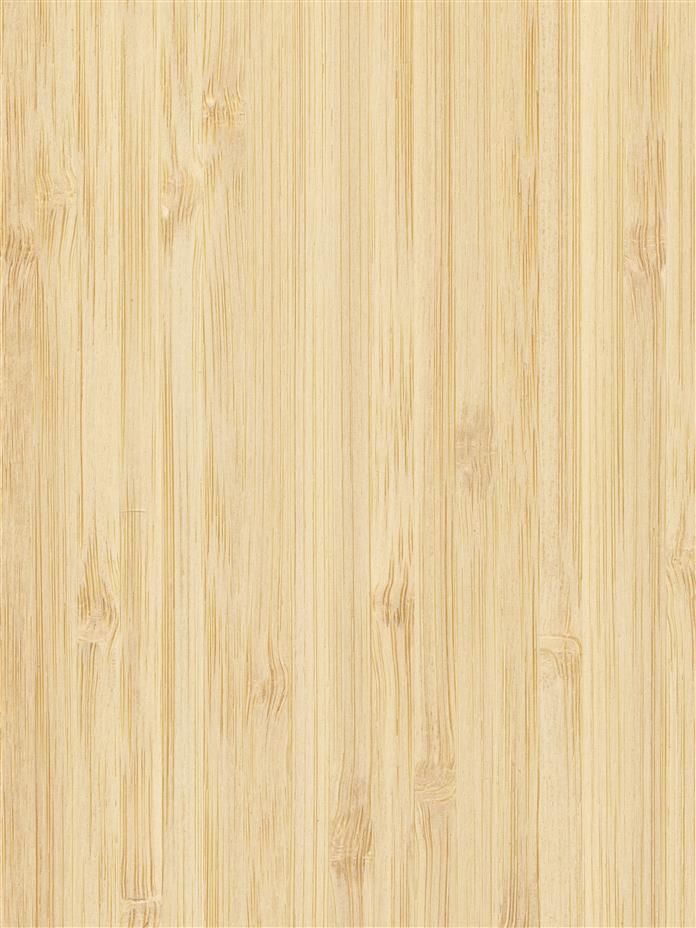
Other herbs include suma, schizandra, tea tree, turmeric, soy, white willow, neem, holy basil, thyme, rosemary, mint, alfalfa, henna, bay leaf, bitter melon, guggul, fenugreek, anise, etc.

- Ephedra is an appetite suppressant. It is also used to treat asthma as well as bronchitis.
- Echinacea helps strengthen the immune system.
- Feverfew is used to prevent migraine headaches and also helps manage allergies, rheumatic disease, and arthritis.
- Kava-kava is used to treat stress, anxiety, and restlessness.

- Valerian is a muscle relaxant and a mild sedative and helps deal with insomnia.
- Ginkgo increases oxygenation of the blood, improves blood circulation and helps improve memory and concentration.
- Ginger provides relief from vertigo, nausea, and vomiting.

A number of herbs such as Indian kino, bitter melon, gurmar, garlic, onion, fenugreek, blueberry leaves, ginkgo biloba, cinnamon, and goat's rue can be effectively used to control blood sugar levels and to deal with diabetes. These drugs enhance the secretion of insulin, which is needed to keep blood sugar level in check.

You may suffer from various types of allergies such as food allergy, insect stings, pollen, dust mites or medicine. Herbs such as nettle, quercetin, butterbur, astragalus and ephedra are used to treat different types of allergies.
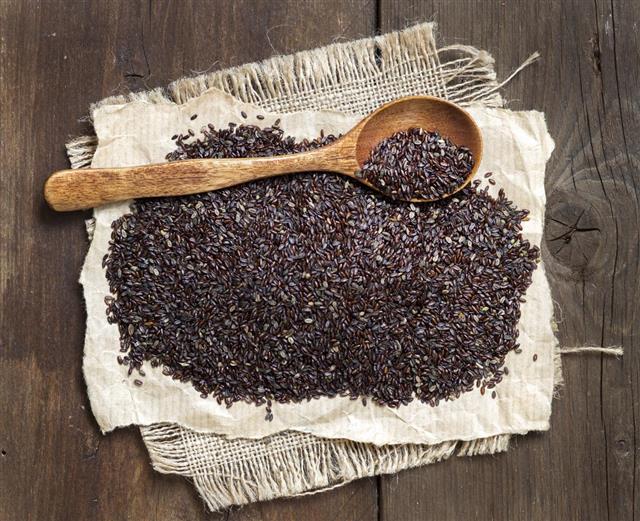
These herbs contain compounds that act as anti-histamines and they possess antioxidant and anti-inflammatory properties. They can be also used to treat various skin problems such as acne and eczema.

Plantago psyllium seed, rhubarb powder, aloe vera, alfalfa juice, chlorella, carrot concentrate, and garlic can be used to cleanse the colon, improve digestion and food absorption, and boost the immune system. Some digestive disorders such as colitis, indigestion, peptic ulcers, and irritable bowel syndrome can be cured using these herbs.

Problems related to blood circulation and heart function, such as high blood pressure, angina, varicose ulcers, varicose veins, etc., can be successfully treated using herbs like hawthorn, garlic, ginkgo, ginger, capsicum, and motherwort. Hawthorn lowers blood pressure, dilates blood vessels, and strengthens the heart.

- Garlic is very effective in treating coronary artery disease as well as keeping the serum cholesterol levels under control.
- Ginkgo biloba can be effectively used to treat cerebrovascular diseases.

Herbal medicines can be used for weight loss and reducing obesity, which is the cause of many health problems. Herbs used for weight loss are categorized as appetite suppressants, cathartics, stimulants, and diuretics.

Commonly used herbs for weight loss are burdock root, chickweed, fennel, flaxseed, nettle, kola nut, phyllium, alfalfa, senna, and hawthorn. These herbs help in weight loss, thereby, helping in improving overall health.

Various herbs can be used to treat health problems such as common cold, sleep disorder, allergy, weight loss, digestive problems, hair and skin problems, anxiety disorder, heart problems, respiratory problems, hypertension, diabetes, etc. Various parts of plants such as stems, leaves, seeds, barks, fruits, and roots are used to prepare herbal medicines.